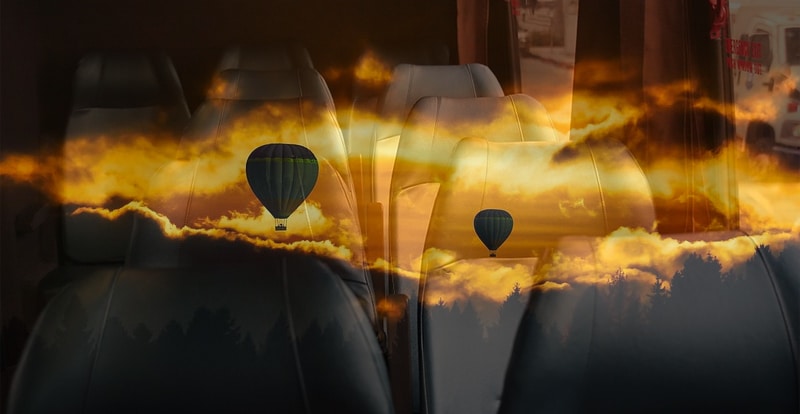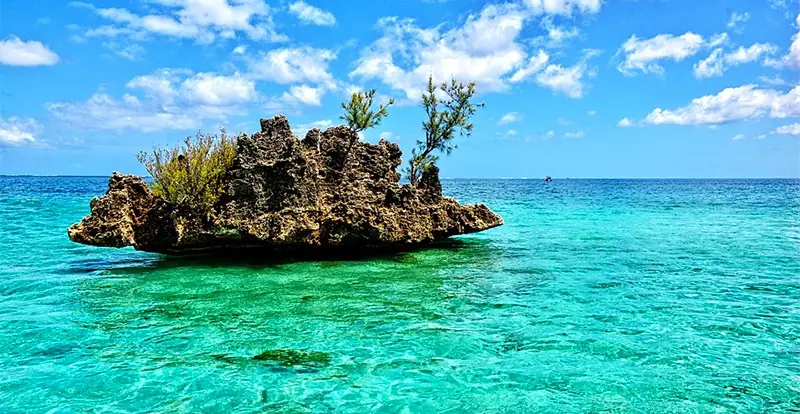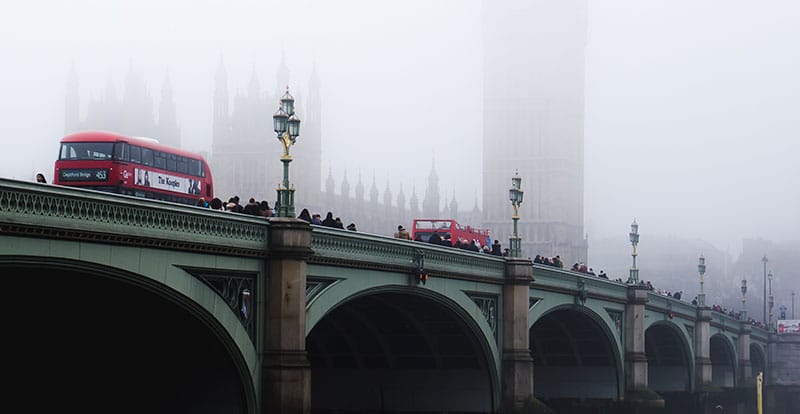Preparing for a Cycling Tour Holiday
Whether you’re planning to visit a new location for the first time, or revisiting one of your old favourites, cycling is the best way to get the most out of your holiday experience. However, when planning a cycling holiday, it’s important that you make sure you’re well prepared.
In order to do just that, there are a couple of things you should consider, from checking the safety of your bike to more frequent exercising. Below, we provide some useful tips on what you should do to prepare for a cycling tour holiday.
Thorough bike check
Naturally, you’ll be spending a great deal of time on your bike when you’re on a cycling tour holiday. That’s why it’s so important to make sure that your bicycle is in good shape before you set off. It’s pretty likely that you’ll be using your bike a lot more than you do in your day-to-day, and you might also be travelling somewhere with tougher conditions, such as steep mountains, or rough terrain.
Because of this, you’ll want to check:
- Your brakes – How quickly can you come to a dead stop with your brakes as they are now? Are your brake pads worn down? Are your brake cables frayed at all?
- Your gears – How smoothly can you transition between each gear? Does the chain lock up or slip at all before settling into a new gear? If you have a derailleur, how old is it?
- Your chain – How well lubricated is your chain? Have you checked how secure each link is? Have you made sure to remove any debris or rust to ensure smooth operation?
- Your saddle – How long have you been using this saddle? How well will it hold up to more strenuous riding? Will it be enough to make sure you’re comfortable for a long ride?
Making sure your bike is safe and in good repair can help reduce the risk of an accident or collision while riding. And, if an accident does happen, you may need legal advice. For example, if your cycling tour holiday happens to be in Indiana – the 17th-most populous of the 50 United States – and you can’t stop in time before another cyclist collides into you while cycling along Indianapolis bike trails, then you might need to talk to a bicycle accident lawyer Indianapolis specialist for advice.
Cycling fitness
The chances are high that your cycling holiday will involve harder riding than you normally do. Even if your overall fitness is pretty good, and do plenty of cardio such as running and swimming, it’s still important that you get on your bike and train often in the run-up to your holiday. Joining a cycling club or regular riding along mountain bike trails is a good way to do this.

Regular extended bike training before a cycling holiday helps to condition your legs to longer rides, helps your buttocks get used to longer periods in the saddle, and improves your cardio health. Increased exercise is an important part of your pre-holiday preparation, in order to better ensure that you can focus on enjoying your time away, rather than struggling with the harder rides.
Prepare for weather conditions
Even if the weather forecasts suggest perfect conditions at your destination for the entire duration of your trip, you should still make sure that you come prepared. Forecasts are rarely completely accurate, and you never know when the weather could take a turn for the worse quite unexpectedly.

To be prepared, pack lightweight and compact waterproof trousers, gloves, and a windbreaker jacket. Fold these so they’re nice and compact, then store them in your bike’s rear saddlebag or carrier until you need them. For hot climatic conditions, ensure that you have sufficient water to hydrate. For hands-free hydration, hydration packs come in capacities of 1.5 to 3.0 litres (50–100 US fluid oz) in a backpack style primarily for biking.
Check route reviews
If you’ve never been to your chosen destination before or this is your first cycling holiday, you might not know exactly what to expect, and unintentionally come unprepared for the reality of whichever routes you’re riding.
For this reason, it’s important to check what other riders have to say about the destination and riding routes, so that you know exactly what to expect, and you can prepare accordingly.
For example, ask friends, family or colleagues what they thought of a route they’ve done in the past, or look at travel review websites to see what people from around the world have said. By doing so, you’ll be able to get a better feel for how easy or tough a route is, what the climate is usually like, and any potential risks or hazards that you should be aware of. This way, you’re sure to have a more enjoyable and more informed cycling holiday.




